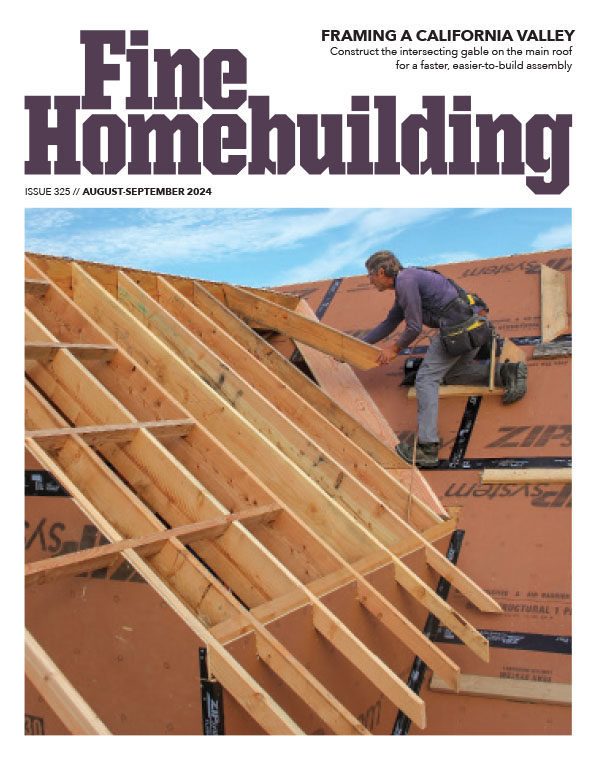I recently had my existing patio extended across the back of my home by a company and I am concerned about a few things I noticed during the construction.
Ground against house slopes about 12 inches down but ground was not leveled.
Holes were made in home foundation and rebar was banged into place but no epoxy or anything else used to seal them in place.
An expansion joint was not used.
Vapor sheeting was not used.
Individual rebar rods were not tied together and was laying on gravel when concrete was poured.
Should I be concerned or it this the proper construction for a patio.
Thanks in advance for any input you can offer.















Replies
It was probably better to leave the soil undisturbed (and fill with gravel) rather than attempt to level it and have soil that is not well-settled.
The rebar dowels will be locked in place by the concrete -- it can't go anywhere.
Unsure about the expansion joint. The concrete will shrink as it cures, and so a joint will open up. It should be appropriately sealed with concrete joint sealant after an appropriate amount of time.
No need for plastic (or insulation) under the slab unless it will be under "conditioned" space.
But leaving the rebar laying on the gravel (with no "chairs") is a problem. Likely the rebar will do its job poorly.
and if you weren't there when they poured it you might not know if they pulled the rebar up into the middle of the slab while pouring. Just because it was on the gravel when you saw it doesn't mean it stayed there unless you watched the entire pour and never saw them lift it up. Pretty hard to do anything about it now unless you want to saw out a section at your expense to prove it was pulled up....and if you do that and find they did bring it up then you are stuck with a messed up section and the cost fixing it plus the cost you paid to saw it out.
Of course, "pulling up" the
Of course, "pulling up" the rebar is rarely effective. At best it prevents the rebar from being buried in the gravel and totally useless.
The time to ask what is proper and ...
The time to ask wha tis proper is before you talk to contractors and the time to find out how the contractor intends to do teh job is before you hire him. To do otherwise is to place you right where you are now. Sorry, tough spot.
We all hope all contractors know what they are doing and want to be able to trust them.
What are you going to do now if everyone on this board tells you there are better ways to ahve done it?
Right on DoRight! You hit the nail on the head: It's all over but the crying.
I see it all the time: Homeowners who are more than willing to do their due dilegnece AFTER a contract is executed rather than before.
My guess is that many times it has to do with buyer's remorse and a willingness to avoid settling the final bill in full. IIn that case the homeowner feels compelled to become the de facto "expert" on how to place rebar, grade/compact soil, etc. The follow up step for them is to justify their inexperience by trolling building forums for (usually unqualfied) outside contractor opinions or solicite a remote family member's opinion (also labled a "contractor") that bears on almost no solid information. LIke I said before, ALL of these issues should have been researched and resolved BEFORE (rather than AFTER) the fact.
The real takeaway here is: Maybe that low bid wasn't such a bargain afterall. You usually get what you pay for.
The time to ask what is proper and ...
The time to ask wha tis proper is before you talk to contractors and the time to find out how the contractor intends to do teh job is before you hire him. To do otherwise is to place you right where you are now. Sorry, tough spot.
We all hope all contractors know what they are doing and want to be able to trust them.
What are you going to do now if everyone on this board tells you there are better ways to ahve done it?
And your trusting that it is evevev rebar in the first place it could be wire mesh
If the patio isn't going to be driven on, then it probably doesn't need rebar anyway. That is, if they compacted the disturbed ground.